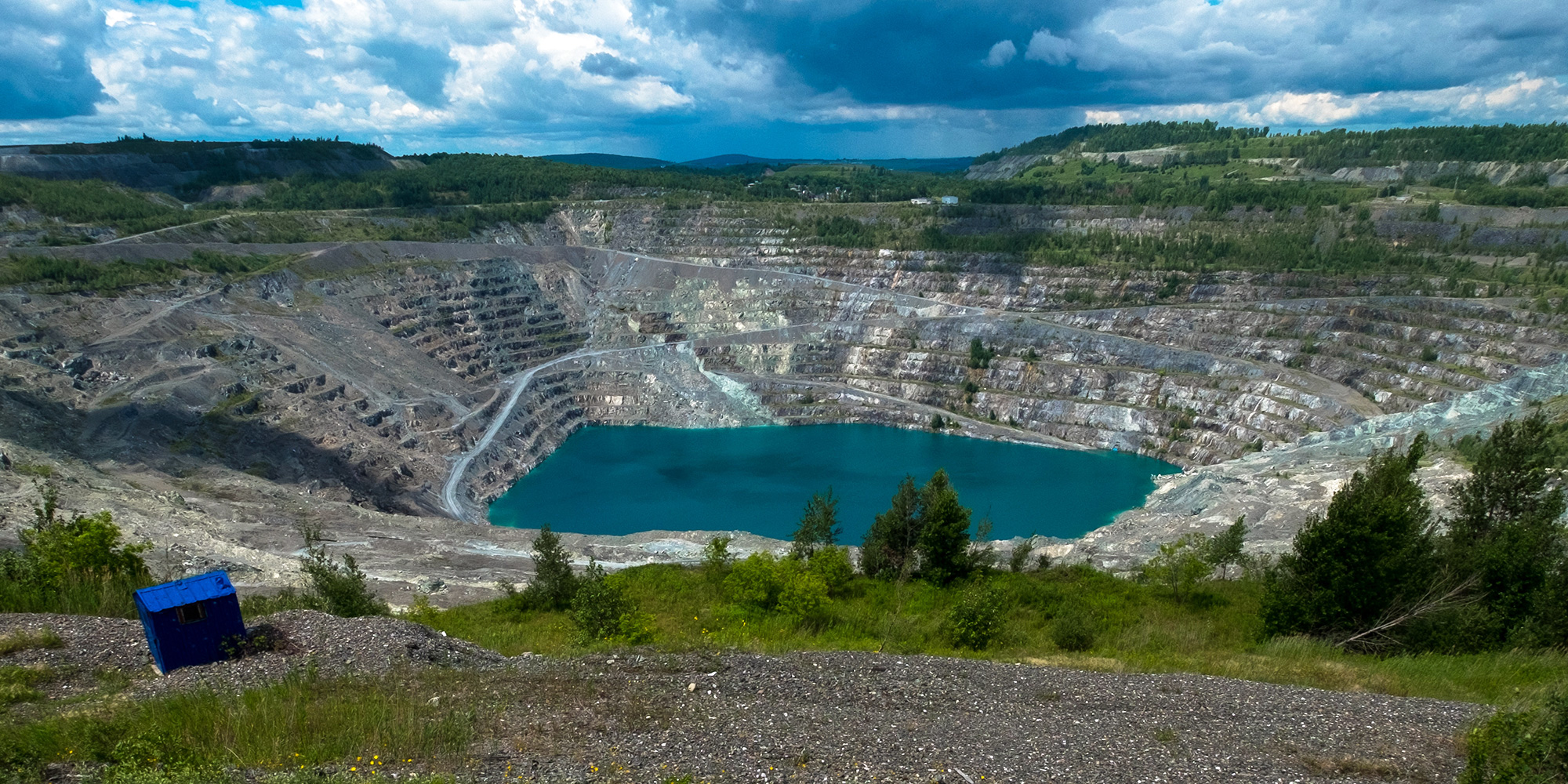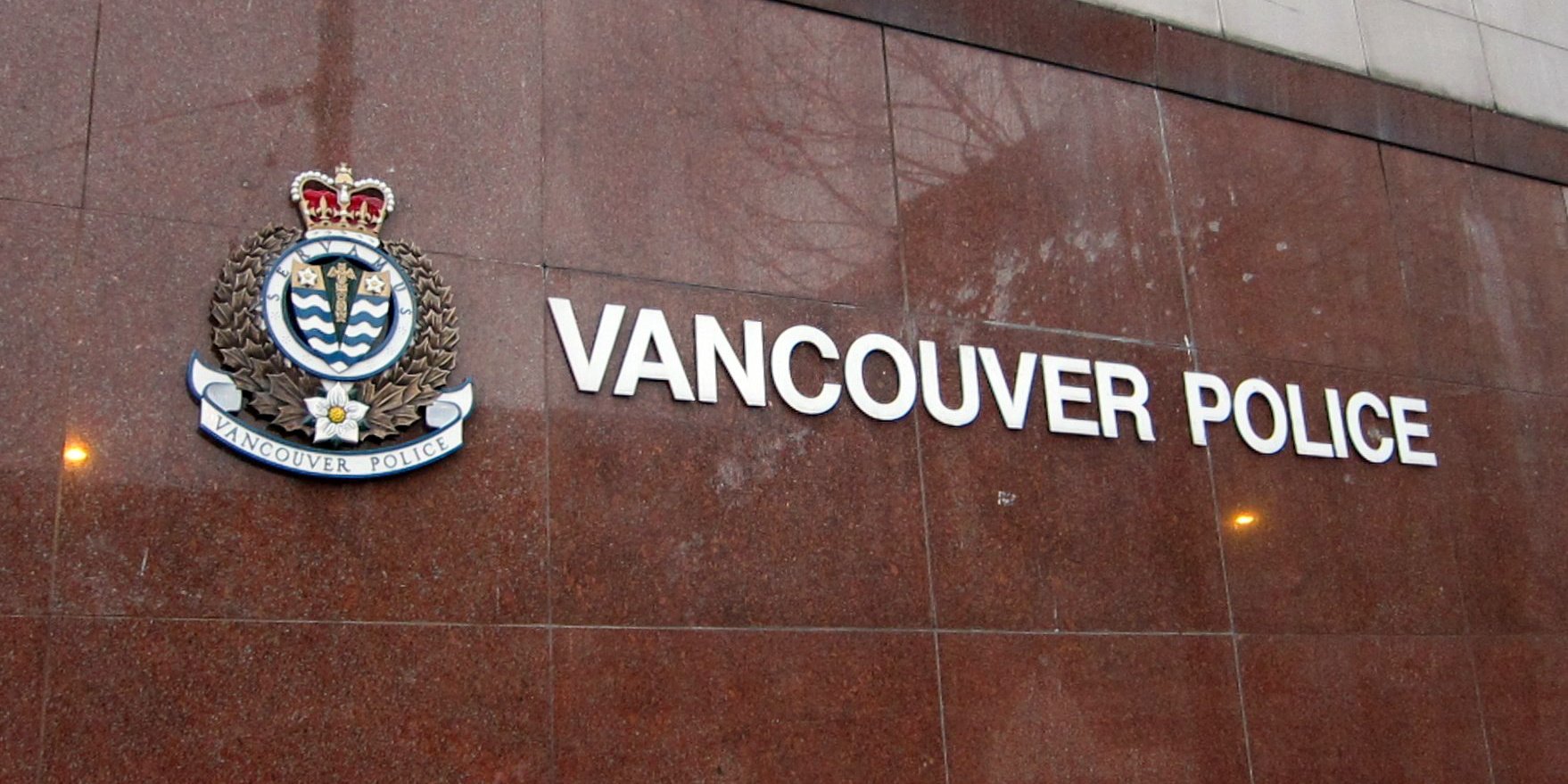UN Declaration on the Rights of Indigenous Peoples
On June 21, 2021, the United Nations Declaration on the Rights of Indigenous Peoples Act (DRIPA) received Royal Assent and immediately came into...

Back in 2014, when we published this blog post, Canada was wrestling with the notion of Free, Prior, and Informed Consent (FPIC) and the duty to consult with no veto. When the United Nations Declaration on the Rights of Indigenous Peoples (the Declaration), drafted in 2007, introduced the right to Free, Prior and Informed Consent for Indigenous Peoples. FPIC, one of the fundamental aspects of the Declaration, is included in six Articles. While all six Articles are significant, Article 32.1 is of particular interest to the federal government and the extractive resource sector in Canada:
Article 32.1
States shall consult and cooperate in good faith with the indigenous peoples concerned through their own representative institutions in order to obtain their free and informed consent prior to the approval of any project affecting their lands or territories and other resources, particularly in connection with the development, utilization or exploitation of mineral, water or other resources.
UN Declaration for the Rights of Indigenous Peoples
In the context of Canada, the resource extractive sector derives much of its materials from the lands and waters of traditional lands of the Indigenous Peoples. There is an increase on the part of many levels of government to promote mining, oil and gas, LNG, forestry and fin fish aquaculture opportunities. The presence and effects of these industries frequently impact the lands and resources of Indigenous Peoples. In a nutshell, it is essential that the right to free, prior, informed consent be understood if the UN Declaration on the Rights of Indigenous Peoples is to be honoured.
Here’s a simple explainer of what FPIC looks like in practice: the decision-making process must be free of pressure or coercion. Peoples, Nations or communities must be given ample time to gather, and if necessary, translate information prior to being asked to make a decision. Consultation or discussions leading up to consent must be done within a timeframe that allows that People, Nation or community ample time for information gathering and consultation within the community in order for an informed decision to be made. Consent to an agreement for a project to proceed must be reached via a decision-making process or structure that is consistent with that individual People, Nation or community.
Times have changed. In November 2019, the B.C. government passed the Declaration on the Rights of Indigenous Peoples Act (Declaration Act) into law in November 2019. The Act requires annual reporting on the progress of aligning laws with the Declaration Act and that those reports be developed in consultation and cooperation with Indigenous Peoples.
In June 2021, federally, the United Nations Declaration on the Rights of Indigenous Peoples Act received Royal Assent and immediately came into force.
And, in 2023, we’re seeing a game-changer agreement between a coal company (NWP Coal Canada) and a First Nation (Yaq̓it ʔa·knuqⱡi'it, also known as the Tobacco Plains Indian Band) in B.C., that gives the community the power to veto a proposed mining project.
For the mine to proceed, the project will not only need federal and provincial support, but it will now require YQT’s permission.
It’s a new era for natural resource development in BC., and our hope and dream is that it will be the same for every province across Canada
YQT Chief Heidi Gravelle [1]
So what’s a resource developer to do given this difference in the international setting (FPIC) and the Canadian setting the duty to consult with no veto? The smart money is simple: don’t get bogged down in which standard to use and move your engagement activities toward the consent end of the spectrum as a way to hedge your bet and create economic certainty. Anything less and you leave yourself open to legal challenges and project delays.
In 2025, the President of the United States imposed new tariffs on imported goods to the USA, leading to widespread economic uncertainty across Canada. As a result, the Canadian government passed legislation to fast-track infrastructure projects: Bill C-5, the One Canadian Economy: An Act to enact the Free Trade and Labour Mobility in Canada Act and the Building Canada Act.
On September 5, 2025, the new federal Major Projects Office opened. This remains a hot topic as far as Indigenous relations in Canada. Meaningful and respectful consultation with Indigenous communities is not just a legal requirement, but a strategic imperative for project viability and legal certainty.
It is important for resource and infrastructure professionals to understand the duty to consult and past precedents. This ensures that future projects are successful and are built on a foundation of mutual respect.
For individuals or organizations that would like to place themselves in a better position to reach consent-based agreements, the following training is recommended.
This article was originally posted on January 20, 2014.
[1] First Nation can veto proposed B.C. coal mine as part of unique deal with developer
Featured photo: Asbestos mine, Asbestos, Quebec. Photo: B*lly Frank, Flickr

On June 21, 2021, the United Nations Declaration on the Rights of Indigenous Peoples Act (DRIPA) received Royal Assent and immediately came into...

Constable Steve Hanuse, who is from the ‘Namgis Nation, became the Liaison Officer with the Musqueam Indian Band in 2009. He took some time from his...

The Government will move forward to introduce legislation to implement the United Nations Declaration on the Rights of Indigenous Peoples before the...